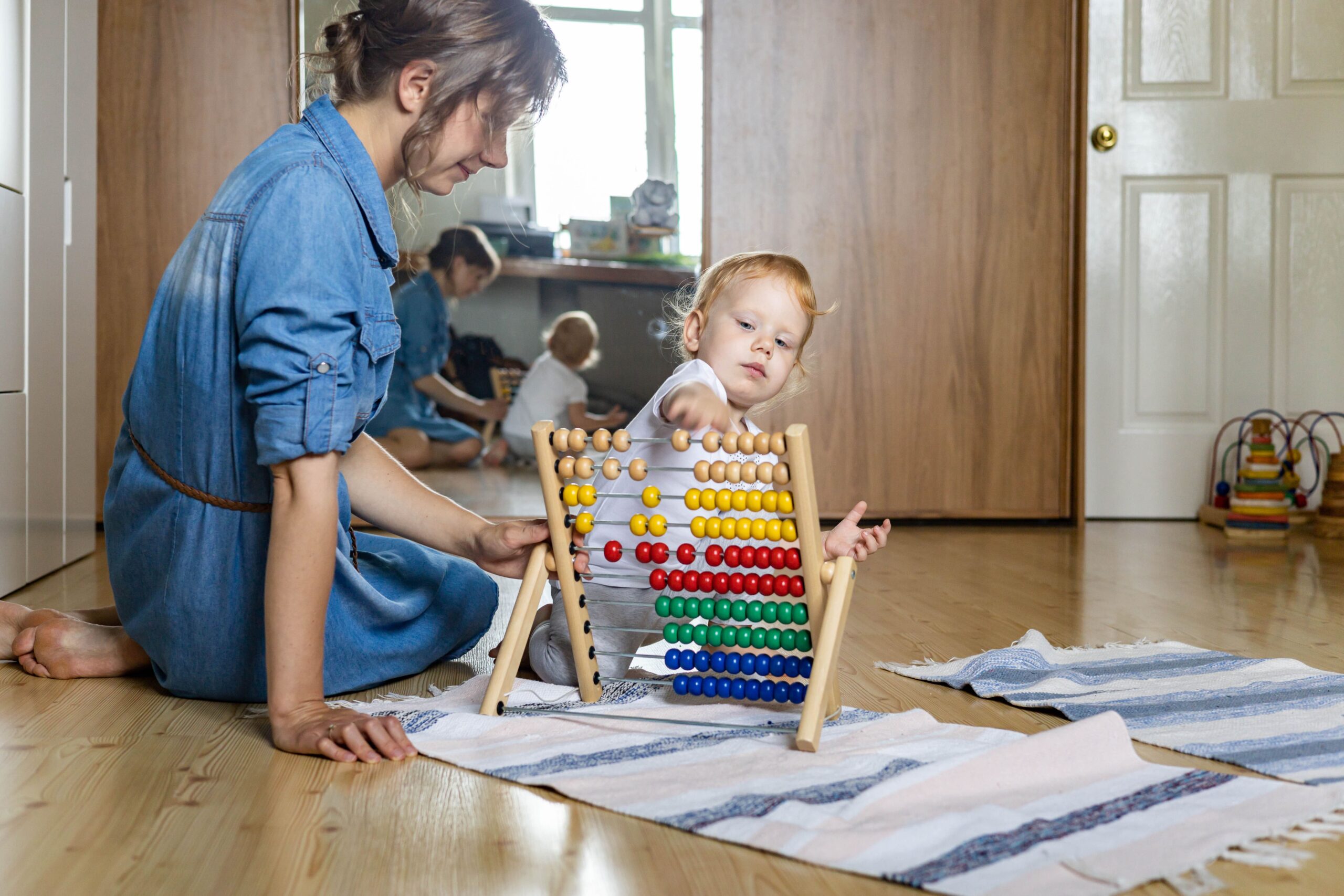Mathematics is fundamental to children’s education, laying the groundwork for academic success and everyday problem-solving skills. In the early years, introducing maths engagingly and understandably is crucial. This article aims to guide parents through various strategies and activities to introduce young children to the world of mathematics effectively.
Understanding the Basics of Early Maths Education
Mathematics in early childhood is not just about numbers and equations. It encompasses many skills, including number recognition, counting, basic addition and subtraction, understanding shapes, and grasping measurement concepts. These skills are crucial for developing logical thinking, problem-solving, and understanding patterns and sequences.
There are no formal guidelines for introducing maths to children, but there are activities for children in nursery school that set young minds on the right path for their pre prep school years and beyond.
Incorporating Maths into Daily Activities
Integrating maths into daily life is one of the most effective ways to teach it. This method makes learning relevant and fun. For example, involve your child in cooking activities, like measuring ingredients, which is a practical way of understanding measurements. While shopping, count fruits and vegetables together or sort laundry by size and color, which helps with categorizing and recognizing patterns.
Games and Playful Learning
Games are an excellent tool for teaching maths. Simple board games that involve counting spaces can introduce basic addition and subtraction. Card games like ‘Snap’ or ‘Pairs’ can enhance quick thinking and number recognition. Physical games like hopscotch can be educational, as they involve counting and balancing.
The Role of Storytelling and Books
Storytelling and picture books are surprisingly effective for introducing mathematical concepts. Books that tell stories involving numbers or shapes can make learning more relatable and enjoyable. Look for books with counting, shapes, sizes, and basic arithmetic themes. Stories’ visual and narrative elements can help children grasp complex concepts more easily.
Using Technology Wisely
Technology can be a valuable educational tool when used appropriately in today’s digital age. Numerous educational apps are designed to teach basic maths skills through interactive games and activities. However, it’s crucial to balance screen time with other forms of learning and ensure the content is age-appropriate.
Encouraging a Positive Attitude Toward Maths
It’s important to foster a positive attitude towards maths early on. Avoid expressing negative feelings about maths; children can easily pick up on these sentiments. Praise effort and perseverance rather than just correctness. This approach builds a child’s confidence and resilience, even when faced with challenges.
Understanding Each Child’s Pace
Every child develops at their own pace, and respecting this individuality is important. Some children may grasp mathematical concepts quickly, while others may need more time and repetition. Tailor activities to your child’s interests and developmental level. This personalized approach ensures that learning is both effective and enjoyable.
Partnering with Early Childhood Educators
Working with your child’s preschool teachers or childcare providers can significantly enhance their learning experience. These professionals can provide insights into your child’s progress and suggest ways to support their learning at home. Additionally, reinforcing what your child learns in preschool at home creates a consistent learning environment.
Conclusion
Introducing maths skills in the early years is about much more than preparing for school; it’s about setting the stage for a lifetime of learning and problem-solving. Parents can make maths a fun and engaging part of their child’s daily life by incorporating maths into everyday activities, using games and stories, utilizing technology wisely, and maintaining a positive attitude. Remember, the goal is to spark a curiosity and love for learning that will continue growing with your child.


